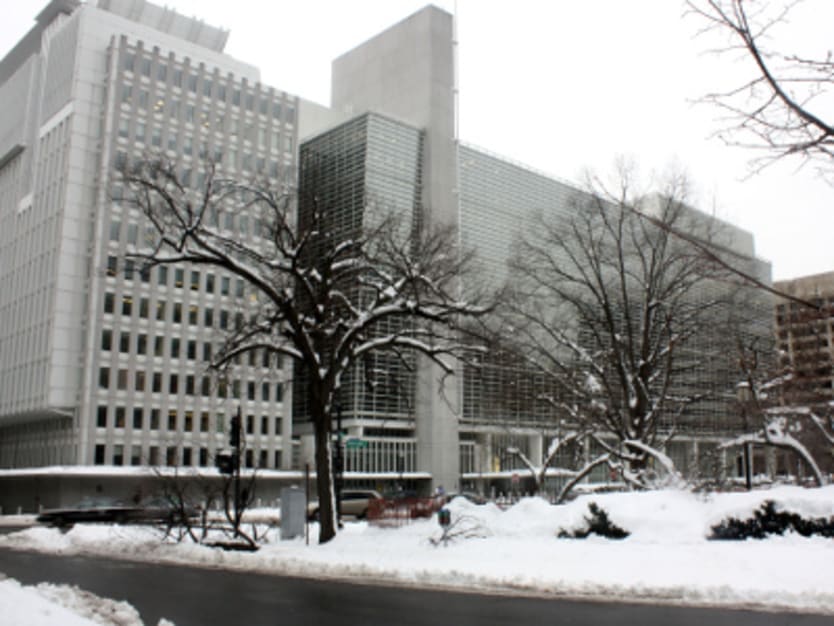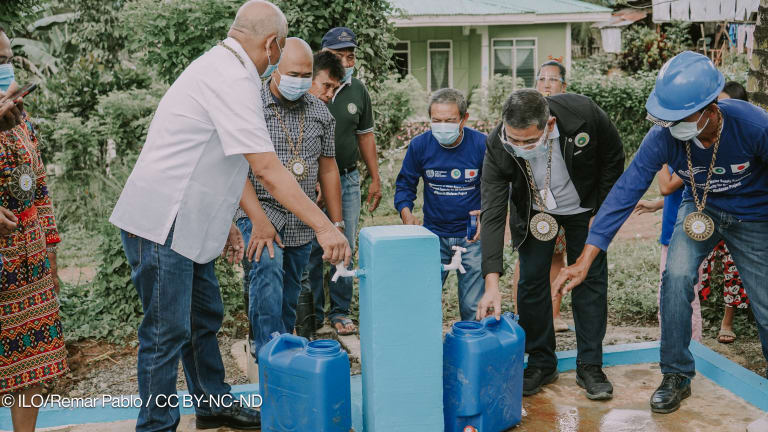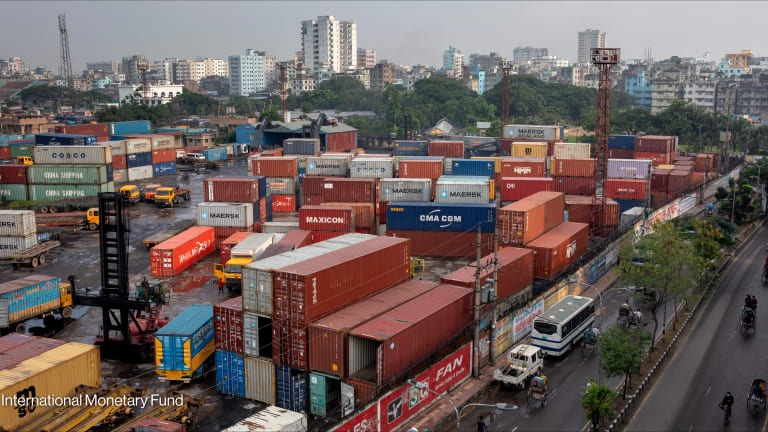
Last week’s announcement by the United Kingdom’s Minister for the Cabinet Office Francis Maude that Britain will make openness a requirement for future aid support is the most recent development in the global aid transparency initiative. Attaching open governance conditions to the United Kingdom’s annual 8.4 billion pounds ($13.2 billion) foreign aid budget, says Maude, helps “fight corruption following criticism of poor transparency in a number of aid-receiving nations.”
However, aid transparency is more than just a tool to tackle corruption and push for good governance. It is, more importantly, a crucial mechanism to ensure that aid is focused, efficient and effective in these economically lean times. Opening aid data for public consumption allows aid to be better tracked, understood, compared and scrutinized. For those in the development community, knowing how funds are spent strengthens mutual accountability between donors and recipients, forces recipients to best utilize scarce aid resources, maintains domestic support for aid in donor countries at times of financial stringency, and ensures that aid delivers on its promise to improve lives.
For these reasons, aid transparency has become a major priority for donors in their efforts to improve how aid is delivered. Launched in September 2008 at the Third High Level Forum on Aid Effectiveness, the International Aid Transparency Initiative (IATI) aims to make aid spending easier to access, use and understand by establishing a common, open format for the publication of aid information.
The open aid data initiative gained momentum last year when a number of donors made their aid data public. In May 2010, Sweden launched its Open Aid initiative announcing “development cooperation must be opened up to transparency and ideas from others.” In June 2010, The U.K. launched its Aid Transparency Guarantee, producing the first aid data compliant with the IATI Standard. In November 2010, the United States launched its Foreign Assistance Dashboard, enabling users to examine and track American aid spending in an easy-to-understand format based on internationally accepted standards.
On the multilateral front, over a year ago, the World Bank granted the public greater access to its wealth of world development indicators, projects and financial data through its website. In the words of its president, Robert B. Zoellick, the Bank’s Open Data initiative is a move towards “democratizing development economics” by closing the information gap between the multilateral agency and concerned stakeholders once bereft of the Bank’s privileged knowledge.
The initiative to open aid data to the public is further gaining ground as more aid organizations sign up, such as the African Development Bank and the Bill & Melinda Gates Foundation. Nonetheless, aid transparency is not a panacea — it alone cannot guarantee aid effectiveness and positive development outcomes. But the fact the World Bank experiences roughly 100,000 data users per day since liberalizing access to information is a sign that there is genuine appetite for aid transparency across the world.








